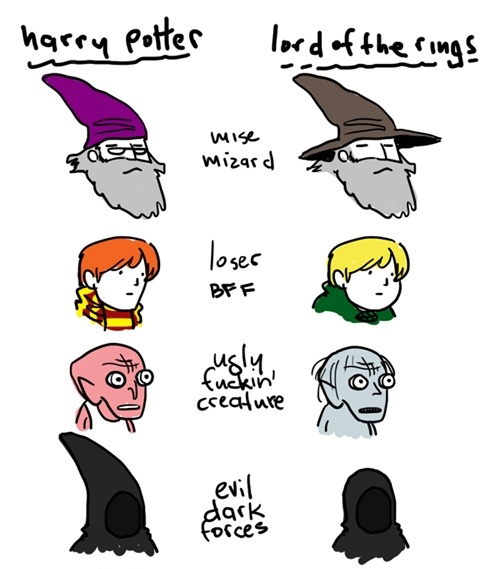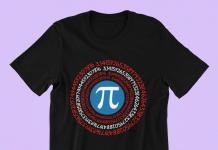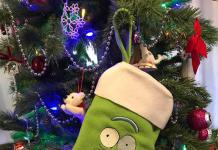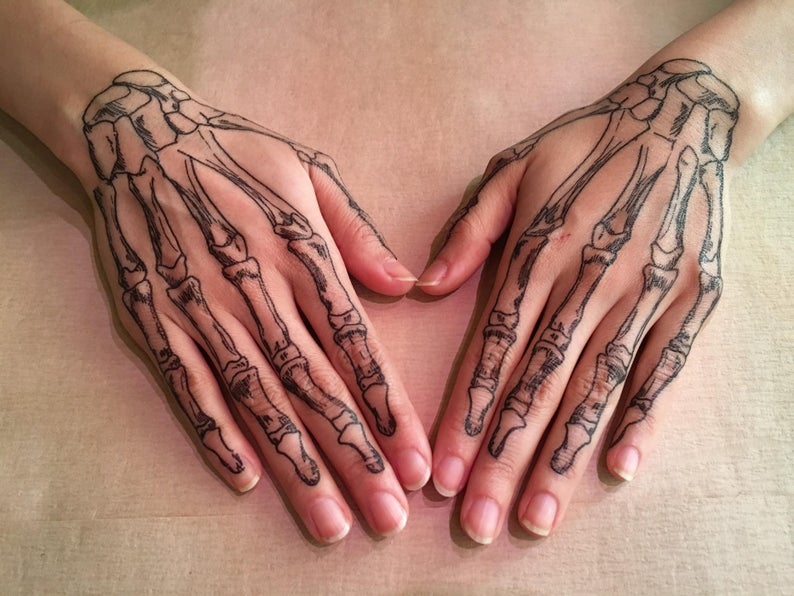Originality is dead, more or less. Any creative idea anyone has these days is based on the works of others, whether he/she knows it or doesn’t. Almost every modern fantasy writer has been influenced by J.R.R. Tolkien, and J.K. Rowling is no different.
The Harry Potter author, which made a small glass-eyed little boy into one of the most famous fictional characters of all-time, has had her fair share of disputed regarding copyrights and plagiarism, with some claiming that her book series, turning into one of the most successful film franchises of all time, isn’t exactly original work.
Nancy Kathleen Stouffer alleged copyright and trademark infringement by Rowling of her 1984 works The Legend of Rah and the Muggles and Larry Potter and His Best Friend Lilly. The primary basis for Stouffer’s case rested in her own purported invention of the word “Muggles”, the name of a race of mutanthumanoids in The Legend of Rah and the Muggles, and Larry Potter, the title character of a series of activity booklets for children. Larry Potter, like Harry Potter, is a bespectacled boy with dark hair.
Rowling, along with Scholastic Press and Warner Bros. pre-empted Stouffer in 2002 with a suit of their own seeking a declaratory judgment that they had not infringed on any of Stouffer’s works. The court found in their favour and it was proven by clear and convincing evidence, that Stouffer has perpetrated a fraud on the Court through her submission of fraudulent documents as well as through her untruthful testimony, including changing pages years after the fact to retroactively insert the word “muggle”.
In June 2009, the estate of Adrian Jacobs, a children’s author who died in 1997, sued Rowling’s publishers, Bloomsbury, for £500 million, accusing her of having plagiarized “substantial parts” of his work in writing the novel Harry Potter and the Goblet of Fire. Jacobs’s family claimed that a scene in Goblet of Fire was substantially similar to Jacobs’s book The Adventures of Willy the Wizard: Livid Land: “‘Both Willy and Harry are required to work out the exact nature of the main task of the contest which they both achieve in a bathroom assisted by clues from helpers, in order to discover how to rescue human hostages imprisoned by a community of half-human, half-animal fantasy creatures.” The judge in the case stated that there simply wasn’t enough similarity between the two books to make a case for plagiarism.
But how about Tolkien? There’s influence, and there are similarities too hard to ignore. The same kind of little hero, the wise wizard, the dark lord. Maybe it’s the same in any great work of fantasy over the past 70 years, maybe there’s more than a slight resplendence.











